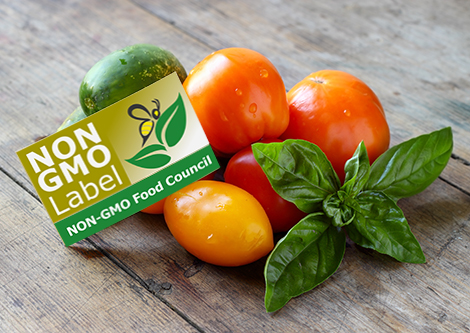Products obtained from genetically modified organisms are called genetically modified crops or GM crops. Basically, it is a product obtained from any plant or animal that has been modified through genetic engineering.

Genetically modified organisms (more commonly referred to as GMOs) are organisms or microorganisms (i.e. plants and animals) whose genetic makeup has been manipulated by the artificial addition of components of another organism.
This can take the form of transgenic modification, in which the organism contains DNA from another species, or cisgenic modification, in which the organism contains DNA from a member of the same species but does not occur naturally. While there are concerns with any type of genetic modification, the latter form is generally seen as a safer practice. However, the potential benefits of the application are practically limitless, so it is imperative to know all the facts about GMOs before making a decision.
Despite the great advantages of GMO technology, there are some disadvantages that are still widely discussed. For example, some studies have shown that genetically modified corn and soy given to mice have a higher risk of developing liver and kidney problems. These health risks may not be transferable to humans, but they illustrate the unpredictable nature of GMOs on living things.
GMO products are often not clearly labeled, which means that people do not have the option to decide whether they want to consume GMO products. It is precisely for this reason that the already concerned consumer shows an incredible demand for NON GMO and GMO Free labels.
Some of the advantages that NON GMO certification will provide you are;
Do not hesitate to contact our expert team to get detailed information about the GMO Free and NON GMO label and certification, or to apply for certification.
